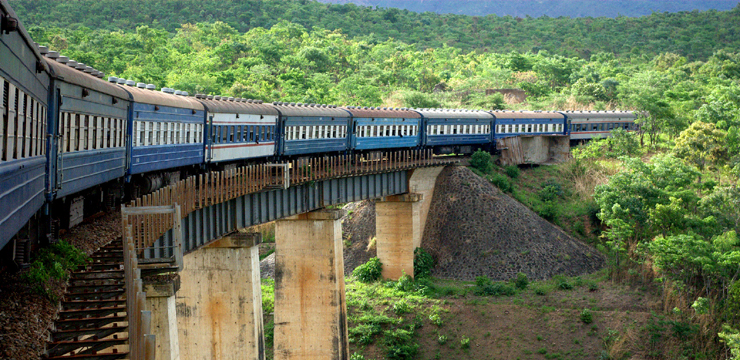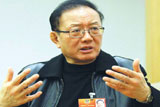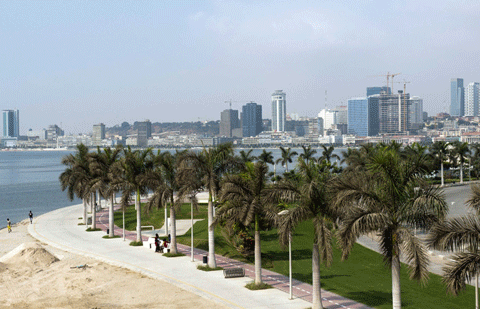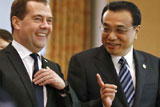
Backgrounder: Basic facts about African Union
Updated: 2014-05-06 10:40
(Xinhua)
Comments Print Mail Large Medium SmallThe establishment of the African Union (AU) to replace the Organization of African Unity (OAU) founded in 1963 was envisaged at an African summit in September 1999 in Libya's Sirte, with a view to furthering African cooperation, development and integration.
The Constitutive Act of the AU entered into force in May 2001 and the AU was formally established in July 2002.
The AU is aimed at building a partnership between governments and all segments of civil society, in particular, women, youth and the private sector, in a bid to strengthen solidarity and cohesion among the peoples of Africa.
The AU has 54 member states, and its newest member is South Sudan which became independent on July 9, 2011. Major organs of the AU include the Assembly, the Executive Council, and the Pan-African Parliament and the Commission.
The Assembly, which is the supreme organ of the AU, is composed of heads of state and government or their duly accredited representatives. It meets at least once a year to determine and monitor the union's priorities and common policies and to adopt its annual work program. Resolutions are passed by a two-thirds majority, and procedural matters by a simple majority.
The first Assembly meeting was held in Durban of South Africa in July 2002. A chairperson is elected from among the members to hold office for one year.
The Executive Council, the executive body of the AU, consists of Ministers of Foreign Affairs or such other Ministers of Authorities as are designated by the governments of member states, and meets at least twice a year.
It determines the issues to be submitted to the Assembly for decision, coordinates and harmonizes policies, activities and initiatives of the union in areas of common interests to members, and monitors the implementation of policies and decisions of the Assembly.
The Pan-African Parliament, inaugurated on March 18, 2004, has consultative and advisory powers only, but with the aim of ultimately evolving into an institution with full legislative powers.
The Commission is the permanent secretariat of the union, comprising a chairperson, a deputy chairperson and eight commissioners responsible for peace and security, political affairs, infrastructure and energy, social affairs, human resources, science and technology, trade and industry, rural economy and agriculture, and economic affairs in the region.
The Commission reports to the Executive Council.






